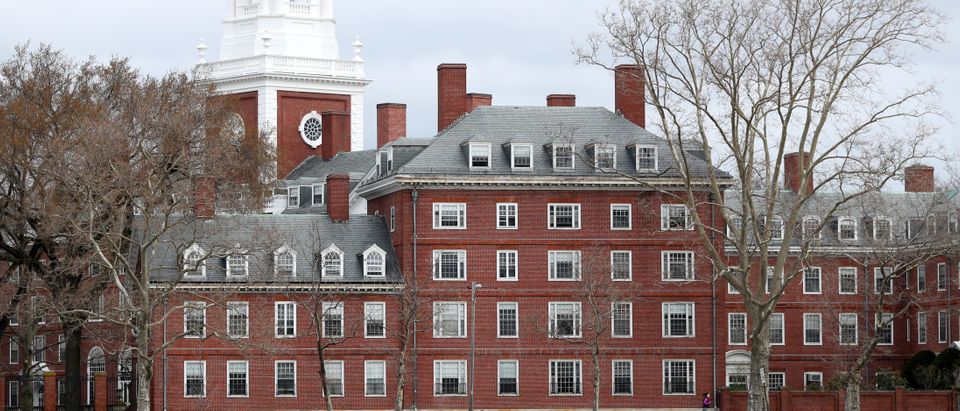With rare bluntness, the editor of Germany’s largest newspaper, Bild Zeitung, called out the Chinese government not only for its cover-up of the coronavirus crisis that is endangering public health and crashing economies around the world, but for a host of other misdeeds. In an April 17 editorial, in the form of an open letter to Chinese President Xi Jinping, Bild-Zeitung editor Julian Reichelt makes it clear that the Chinese government and the ruling Communist Party should be treated as a hostile player on the world stage. “You are endangering the world,” is how Reichelt titled his letter/editorial.
Included in Reichelt’s bill of indictments is the charge that “China enriches itself with the invention of others, instead of inventing on its own.” One of the ways that China has succeeded in pillaging Western technology has been by sending students to study in the United States and other countries that innovate. The United States, perhaps more than any other nation, has opened the doors to its top universities and research centers to Chinese students who are directly beholden to the Chinese government. Of the approximately 1.1 million student visa holders in 2018-19 school year, some 370,000 were Chinese nationals.
Many of these students have direct ties to the Chinese military or the ruling regime. They are here primarily to acquire the innovative technologies in open academic settings when possible, and through espionage when necessary. The Chinese regime is intent on acquiring Western know-how “through malign behaviors that exploit features of a free-market economy and an open society like ours,” warned Assistant U.S. Attorney General John Demers in congressional testimony in 2018.
The revelation of Chinese government-backed espionage being carried out on the campuses of our top research institutes was followed a few weeks later by indictments of Chinese military officials for a 2017 breach of the credit reporting company Equifax, in which the personal information of some 150 million Americans was compromised. Chinese government officials are also believed to have been involved in massive hacks of U.S. government personnel data, health insurance company records and even the Marriott hotel chain.
Even those without clear links to Chinese Communist Party or military, Chinese students are beholden to the regime because it is footing the cost of their tuition – a fact that also makes these full-tuition students attractive to many U.S. universities. The current global crisis, for which Beijing bears much responsibility, on top of the myriad other transgressions of the Chinese government, should trigger some reassessment of whether it is a wise idea to be allocating one-third of foreign student visas to citizens of that country, as Sen. Tom Cotton (R-Ark.) suggested during a Fox News appearance this weekend.
To be very clear, the problem is not that these students are Chinese. The problem is that directly or indirectly, they are being used by a corrupt regime that is inimical to our interests.
Nor is this the first time that the United States has naively allowed its academic freedom to be exploited by a hostile power, or allowed universities’ desires for full-tuition students to undermine our interests. As recounted by British researcher Svetlana Lokhova, the same strategy was employed by Joseph Stalin to help the Soviet Union acquire American secrets and technology in the 1930s and establish a spy network that inflicted harm on the United States for decades.
Student visas should promote the interests of the United States, not undermine them. Free academic exchange and cooperative development of technologies should be a two-way street, and priority should be placed on building academic ties with nations that share our interests and values. Or perhaps more importantly, a portion of the 370,000 university and postgraduate slots being filled by Chinese nationals — particularly those in the STEM fields — could be reallocated to qualified and deserving American students who would put these skills to use for the benefit of our country, not its detriment.
Among the many, many reassessments to be made after the current crisis abates is whether the price of full-tuition for 370,000 students who are answerable to a repressive and dishonest regime that is “endangering the world,” is worth the damage that it causes.
Ira Mehlman is media director at the Federation for American Immigration Reform (FAIR).


